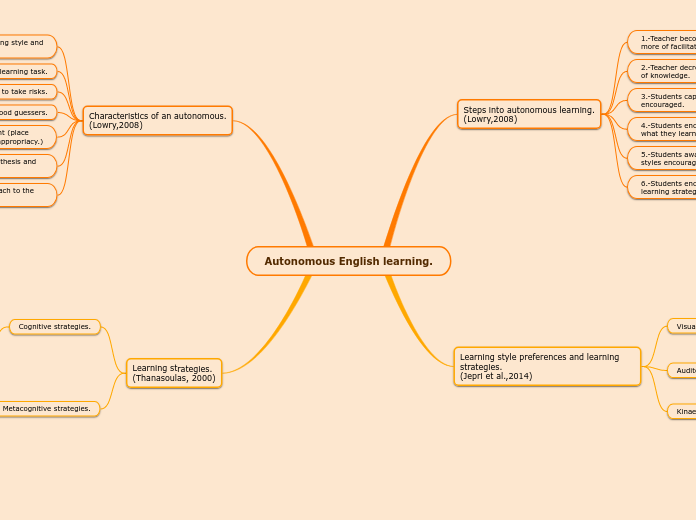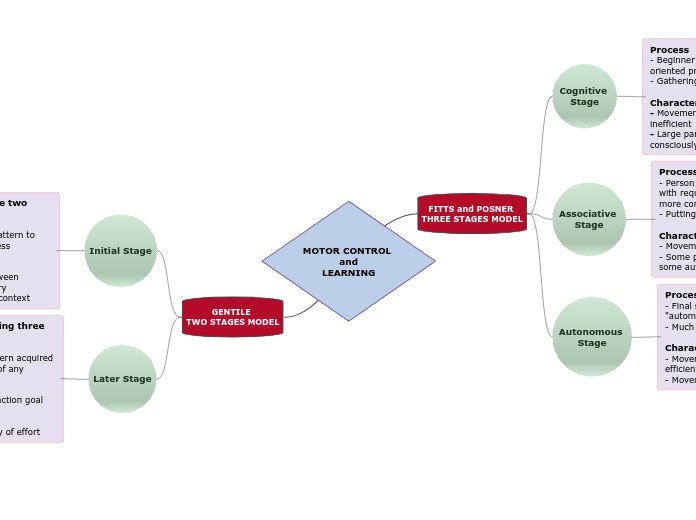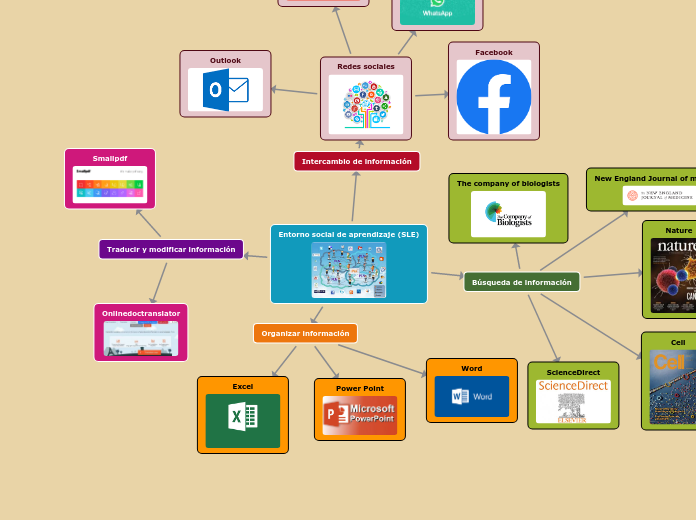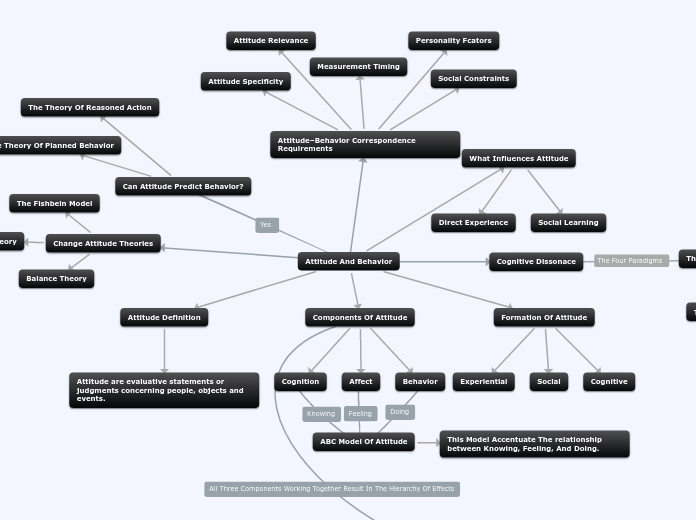door Nikole Ramos 4 jaren geleden
183
Autonomous English learning.
Independent English learning involves understanding various learning styles and strategies. Auditory learners benefit from repeating information, studying with partners, listening to music without lyrics, talking to themselves, and recording their voices.









